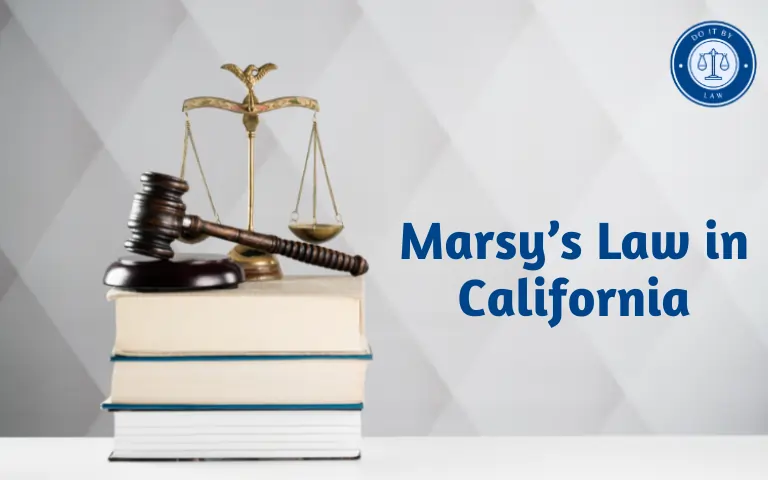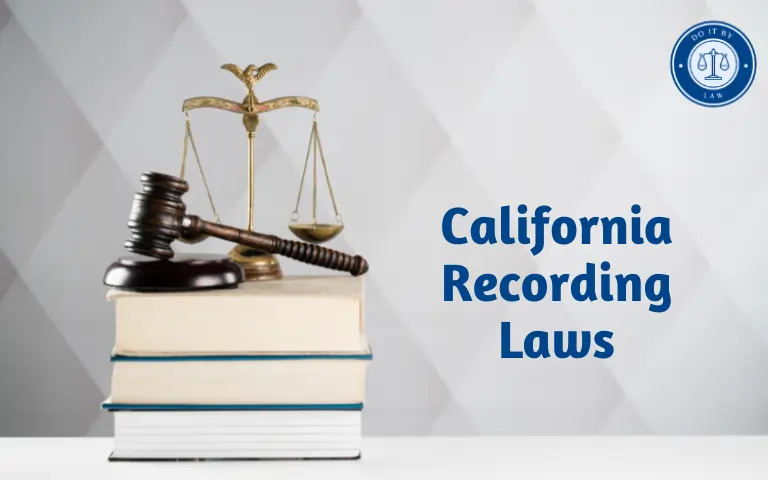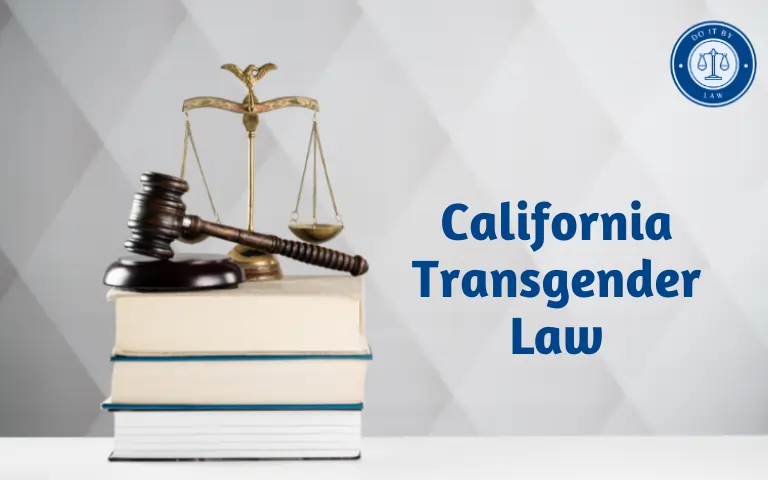Marsy’s Law in California: What You Need To Know
Marsy’s Law in California is a victims’ rights initiative that passed in California in 2008. It amended the state constitution to expand the legal rights of victims in criminal proceedings. Understanding Marsy’s Law is important for crime victims to assert their enhanced protections.
When Was Marsy’s Law Enacted in California and Why?
Marsy’s Law was approved by California State voters as Proposition 9 in the November 2008 election. It was championed by Dr. Henry Nicholas in memory of his sister, Mary, who was stalked and killed by an ex-boyfriend in 1983.
Marsy’s Law aims to strengthen constitutional safeguards for victims’ rights in the criminal justice process often focused on defendants. The goal is to prevent further victimization through the legal system and empower those harmed by crime.
Who Does Marsy’s Law in California Apply To?
Marsy’s Law rights cover “victims” defined as those directly harmed physically, emotionally, or financially by criminal acts. Family members of victims, especially relatives of those deceased or incapacitated, can also assert certain rights. The law applies to felony and misdemeanor crimes alike.
Key Provisions of Marsy’s Law in California
- Expands the victim’s right to confer with prosecutors and be heard at proceedings.
- Strengthens victim restitution and protection from the accused.
- Increases victims’ “standing” to assert rights via hearings and potential appeals.
- Requires officials to keep victims informed about details like offender status.
- Limits access to victim addresses, photos, and records.
- Mandates 10 rights pamphlet provided to all victims.
Penalties for Violating Marsy’s Law in California
No set penalties exist for violations. But victims can pursue enforcement through hearings, appeals and even filing writs directly with appellate courts. Judges may also impose sanctions if officials fail to uphold victim rights without justification.
Recent Changes and Proposals Marsy’s Law in California
No notable changes have yet been proposed to Marsy’s Law itself in California. But related bills keep emerging to refine legal processes for upholding victim rights and notifications. Some critics have called for amendments to address implementation problems.
Controversies and Debates Surrounding Marsy’s Law in California
Debates around Marsy’s Law include:
- Does enhanced focus on victims’ rights erode due process for defendants?
- Are the rights and notifications too burdensome for overtaxed law enforcement?
- Is the definition of “victim” overly broad? Should it include business entities?
- Are some provisions like victim restitution too difficult to enforce effectively?
- Does the law improve justice and prevent victimization or go too far?
Conclusion
Over a decade after its passage in California, Marsy’s Law remains an evolving platform for strengthening crime victim rights in the criminal justice process. Understanding these enhanced constitutional protections is key for victims seeking to fully assert them.







